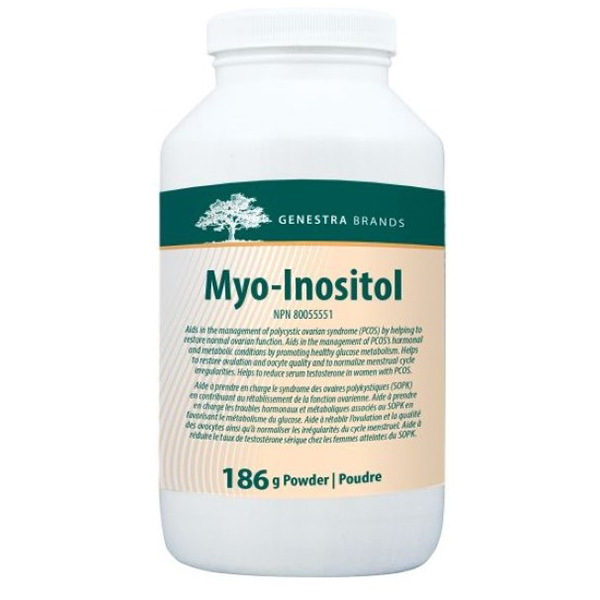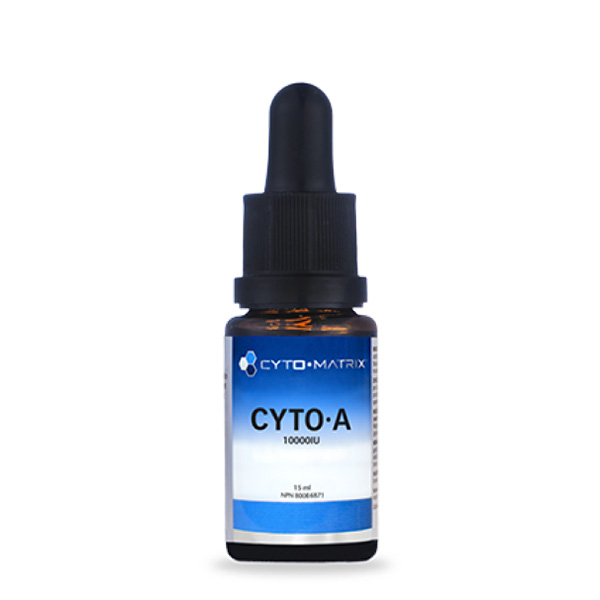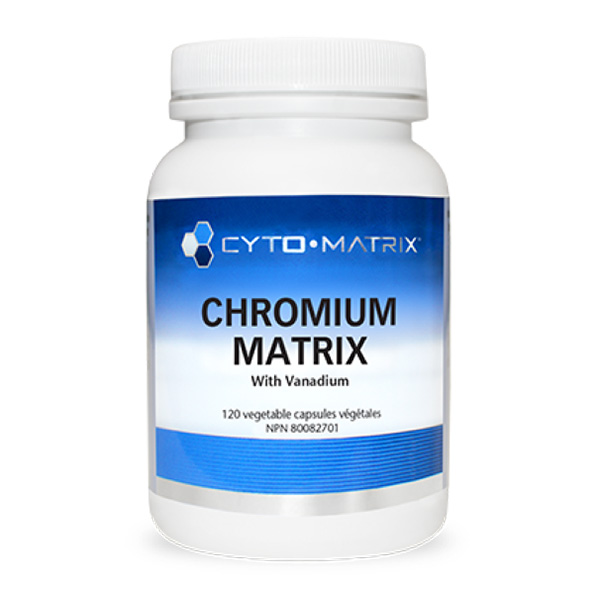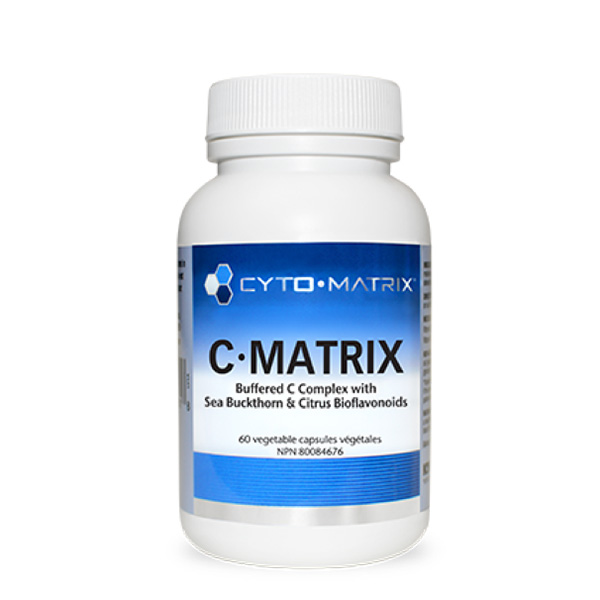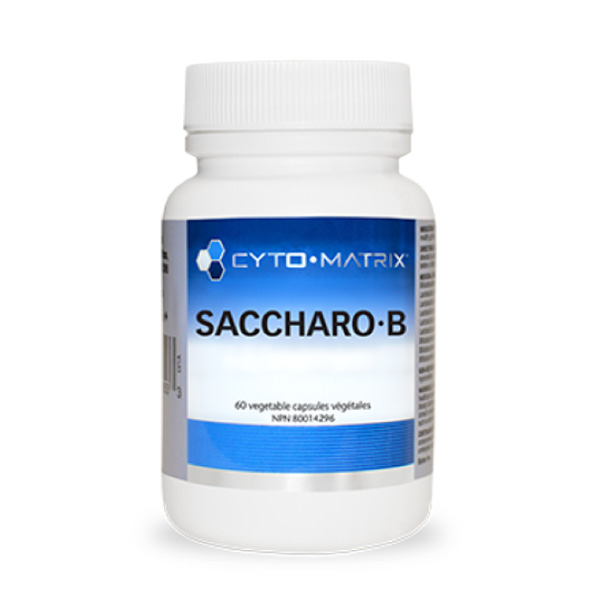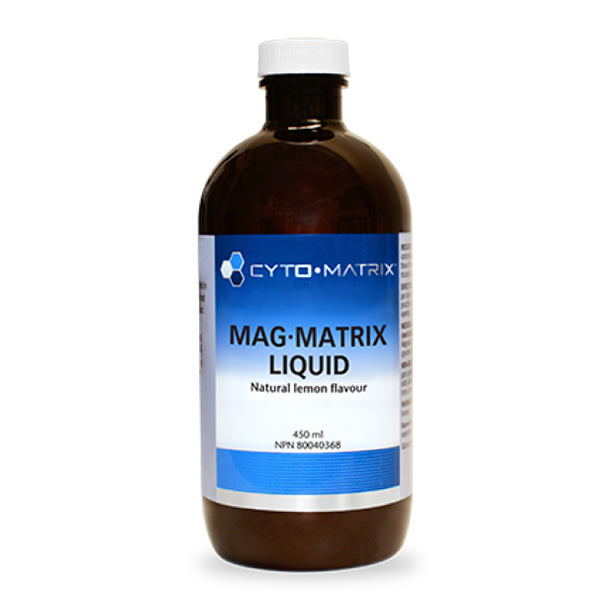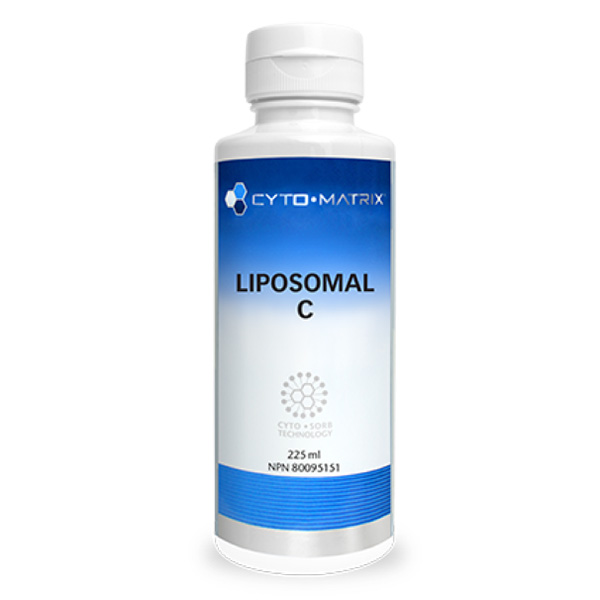Support for women with polycystic ovarian syndrome (PCOS)
• Helps to restore normal ovarian function, ovulation and oocyte quality
• Helps to normalize menstrual cycle irregularities
• Promotes healthy glucose metabolism
• Helps to reduce serum testosterone levels and oxidative stress
• Provides 4 g of myo-inositol per daily serving
Polycystic ovary syndrome (PCOS) is one of the most common endocrine disorders, affecting up to 20% of women of reproductive age.1 PCOS is associated with elevated male sex hormones, impaired insulin sensitivity and reproductive dysfunction, including menstrual irregularity and infertility.1 Myo-inositol helps restore the activities of ovaries in PCOS patients through its role as a precursor to inositol 1,4,5-triphosphate (InsP3), which regulates menstrual cycle hormones and oocyte maturation.2,3 Myo-inositol also promotes the production of inositolphosphoglycans (IPG), which activate enzymes involved in glucose metabolism.2 In a clinical trial involving 42 women with PCOS, participants were randomized to consume 400 mcg of folic acid alone or in combination with 4 g of myo-inositol daily for six to eight weeks.4 When compared to the placebo folic acid group, women in the myo-inositol group experienced more cycles of ovulation (69.5% ovulated in the myo-inositol group compared with 21% in the placebo group), lower testosterone levels, and improved insulin sensitivity.4
References
1. Misso, M, Boyle, J, Norman, R, Teede, T. Semin Reprod Med. 2014; 32: 230–240.
2. Unfer, V, Carlomagno, G, Dante, G, Facchinetti, F. Gynecological Endocrinology. 2012; 28(7): 509–515.
3. Govindarajan, C, Pitchaipillai, R, Shanmugasundaram, B, Thangam, S, Arokiasamy, J, Subramania Pillai, M. World Journal of Pharmacy and Pharmaceutical Sciences. 2015; 4(6): 137-155.
4. Costantino, D, Minozzi, G, Minozzi, F, Guaraldi, C. European Review for Medical and Pharmacological Sciences. 2009; 13: 105-110.
Download Product Information
| Weight | 0.1 kg |
|---|

